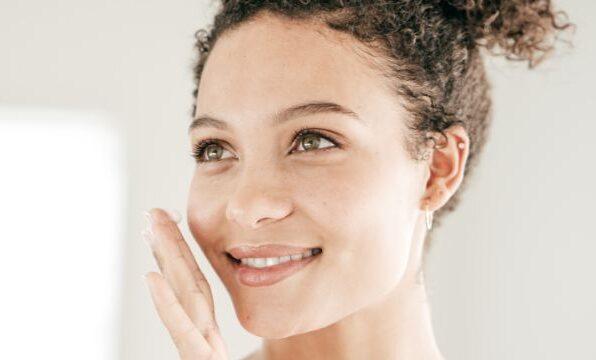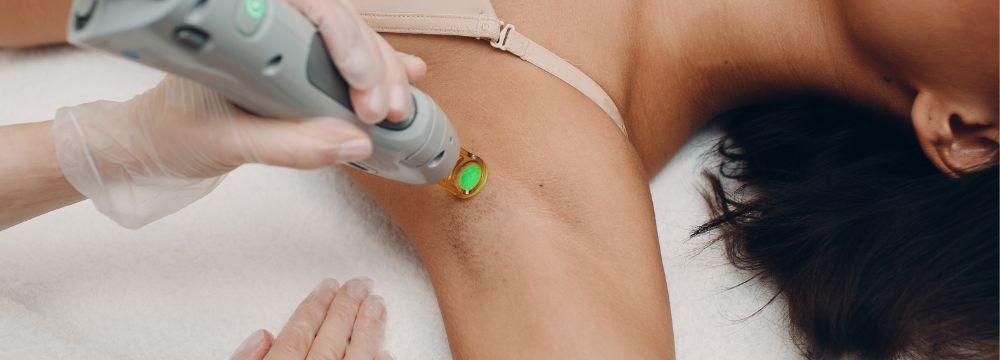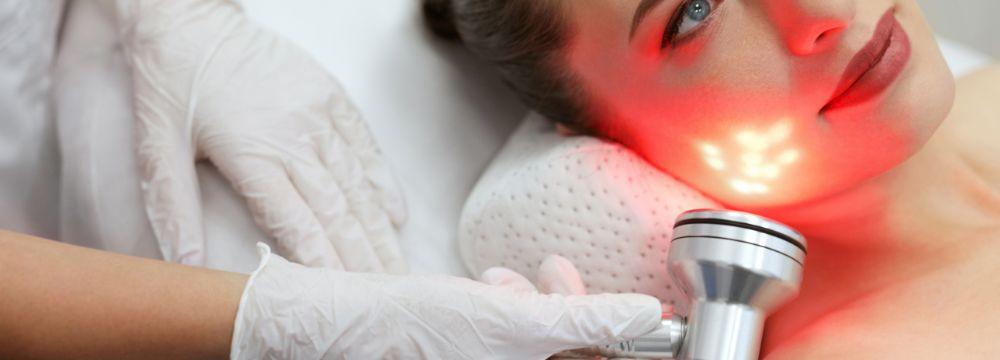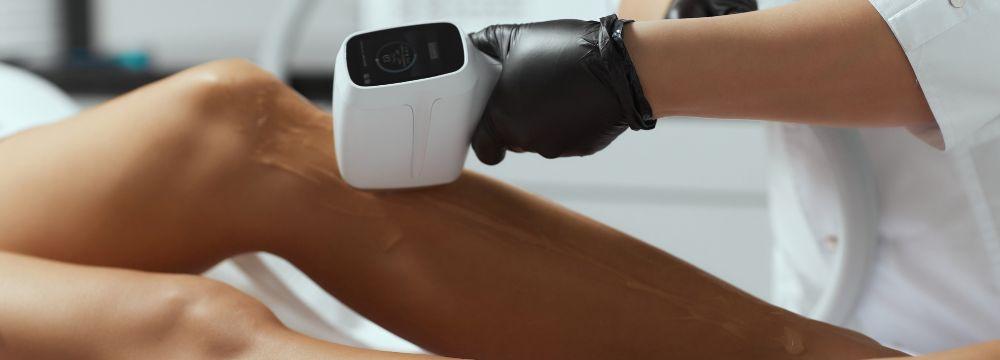Does Panoxyl Acne Wash Work (& Three Good Alternatives)
When it comes to acne, products that contain benzoyl peroxide, such as Panoxyl, can work well. So well, in fact, that this treatment is often the very first tool for combating acne. Benzoyl peroxide is a mainstay for treating acne because it is highly effective, so dermatologists will usually reach for it before attempting more in-depth or aggressive approaches.
So, the short answer is a resounding YES – Panoxyl does work. The caveat is that patients must understand this medication has its limitations, too. When benzoyl peroxide cannot clear more stubborn or severe acne, there are alternatives.
So, what makes medicine like Panoxyl so effective? You might be surprised to learn how benzoyl peroxide packs its punch and what the research shows when treating acne.
Benzoyl peroxide works by targeting the bacteria that are produced in and around acne lesions. Studies have shown it reduces the amount of some strains of bacteria by 98%, and importantly, it does not cause resistance. It is as effective as decades ago, can target several types of bacteria, and is available in different strengths and formulations. Benzoyl peroxide has one more surprising trick up its sleeve – keratolytic compounds – chemicals that help dissolve keratin in the uppermost layers of the skin. This allows the product to penetrate deeper and removes any dead skin cells that can cause pores to become clogged. When pores are blocked, comedones can develop, contributing to acne.
Panoxyl is just one brand of benzoyl peroxide-containing medicine, but it is one of the most well-known because it comes in several different formulations. Foaming washes, creams, masks, and lotions are all sold over the counter. It can be used daily; side effects, besides some dryness or skin flaking, are usually minimal. Occasionally, people with sensitive skin might develop dermatitis. Benzoyl peroxide causes bleaching to hair and clothing, so care should be taken not to get it on bedding or clothing. It can also cause sun sensitivity, so using a daily sunscreen with this medication is necessary.
Research has shown that benzoyl peroxide combined with other topical medications for acne is more effective than if applied alone. Talk to your dermatologist about what other medicine might be good to use with benzoyl peroxide for maximal effectiveness.
When topical medications have been tried and failed, don’t give up hope because there are other options. Acne can be stubborn, and sometimes, it won’t go away with simple topical remedies. Many alternatives exist, but let’s focus on a few promising options.
Natural Remedies and Lifestyle Changes
Don’t underestimate the power of diet. On one hand, a low-glycemic diet is one of the best acne diets, with research to back it up. This diet has been shown to reduce acne across multiple studies with high-quality, reproducible evidence. Low-glycemic diets mainly contain fruits, veggies, lean meats, fish, and beans.
Several triggers have been identified as promoting acne. For example, cow’s milk and other whey and dairy products are linked to worsened acne. It is unclear what precisely about milk can trigger acne, but the sensitivity is common.
Stress and anxiety management are another significant lifestyle change that can help reduce acne. Stress triggers inflammation in the body, which can contribute to acne. This means that for some people, lowering their overall stress levels can reduce their acne, too.
When topical medicine and natural remedies still don’t clear acne, it’s time to talk to your dermatologist about more in-depth options. This could be a more potent medication, like a retinoid/tretinoin, or a different intervention altogether.
Many lasers have been used to treat acne and several show promising results. Nd-Yag laser has been shown to treat active acne breakouts, and photodynamic therapy, or PDT is another good option. There is not one laser that has been demonstrative of noticeable acne. Indeed, they are best used in combination with other treatments. However, according to the American Academy of Dermatology, light and laser-based therapies have been shown to improve the more severe forms of cystic acne. So, while lasers are not a slam dunk, exciting progress is being made.
For the latest in acne treatment, we encourage you to schedule a consultation at one of our convenient dermatological offices around Atlanta.




